Apple TV+ may be struggling to break through into the streaming mainstream with more than a handful of their shows (as I’ve written before), but one categorical success is the British comedy-thriller Slow Horses, about to begin its fourth series on the service this week.
Because Apple has a vastly lower take-up for its subscriptions than Netflix or Amazon Prime, it remains a niche, cult show, rather than a much-discussed behemoth, and this suits its admirers down to the ground, who discuss its fidelity to Mick Herron’s brilliant series of novels with the kind of revivalist fervor usually seen at the Democratic National Convention.
From one clapped out old has-been to another. The MVP of both Herron’s Slow Horses series of novels and the series remains Gary Oldman’s Jackson Lamb, who might kindly be described as John le Carré’s George Smiley gone very much to seed, and less kindly as a bloated, repellent, flatulent cesspit of a man, always on hand with an unhelpful or caustic comment or belittling put-down — “Of course you didn’t mean to kill him; if you did, he’d still be alive!” to the hapless gang of disgraced British spies who have been exiled to a grim location in East London.
The central conceit of the books, beautifully translated by their adapter Will Smith and others, is that all of the inhabitants of Slough House have committed some dreadful, or mundane, transgression that has resulted in their being removed from the palatial headquarters of MI5 — “the Park” — and being sent to a hopeless dump where they find themselves constantly proving the truth of Sartre’s adage that hell really is other people, not least because their boss is forever eating revolting takeaways and expelling the detritus in the foulest way possible. If the hapless spies were all incompetent, then this would be standard enough sitcom fare. But Herron and Smith have a rug-pulling conceit that makes for high-octane viewing; these nobodies are, in fact, hugely talented, underneath their misanthropy and myriad personal problems, and Lamb is a spymaster to rank alongside Smiley for ingenuity and brilliance underneath his unappealing exterior.
The previous three seasons of Slow Horses have showcased an impressive ensemble cast that includes Jack Lowden as the splendidly named River Cartwright, a would-be Bond-meets-Bourne type who finds his attempts at derring-do amusingly undercut by reality; if he’s about to get into a high-octane chase, he’ll probably find himself having to make do with a kid’s bicycle. His grandfather — this is a show where the generous Apple budget has resulted in luxury casting to the nth degree — is played by Jonathan Pryce, who this season will have the difficult task of conveying a former spy’s descent into dementia and the attendant risks for national security. Then there is Kristin Scott Thomas, seldom better than as Diana “Lady Di” Taverner, the ice-queen head of MI5, Christopher Chung as the man-boy computer whizz Roddy Ho, Saskia Reeves as Catherine Standish, the alcoholic office administrator and many, many more. And this season, they’ll be joined by the great Hugo Weaving as a former CIA spook whose connection to one of the Horses is far more personal than might be expected, or desired.
Herron has, to date, written eight novels in the Slough House series, and the fifth, London Rules, has also been filmed; the next series of the show is expected to premiere at some point in 2025, and it is strongly rumored that Apple has already renewed it for a sixth series, too. As far as I and Slow Horses’s fervent band of fans concerned, Apple need to film every single novel, and then start on the various novellas that Herron has written that add texture and interest to the world he has created. Unlike the innate tedium of Marvel or Star Wars and their expanded universes, the Slough House apocrypha are genuinely fascinating and worthwhile.
Hopefully this will all happen in good time. But until then, the best show on TV — for my money, the most purely enjoyable thing I’ve seen since Breaking Bad — has returned, and it should be watched and savored, not explained. After all, in the inimitable words of Lamb, “Bringing you up to speed is like trying to explain Norway to a dog.”



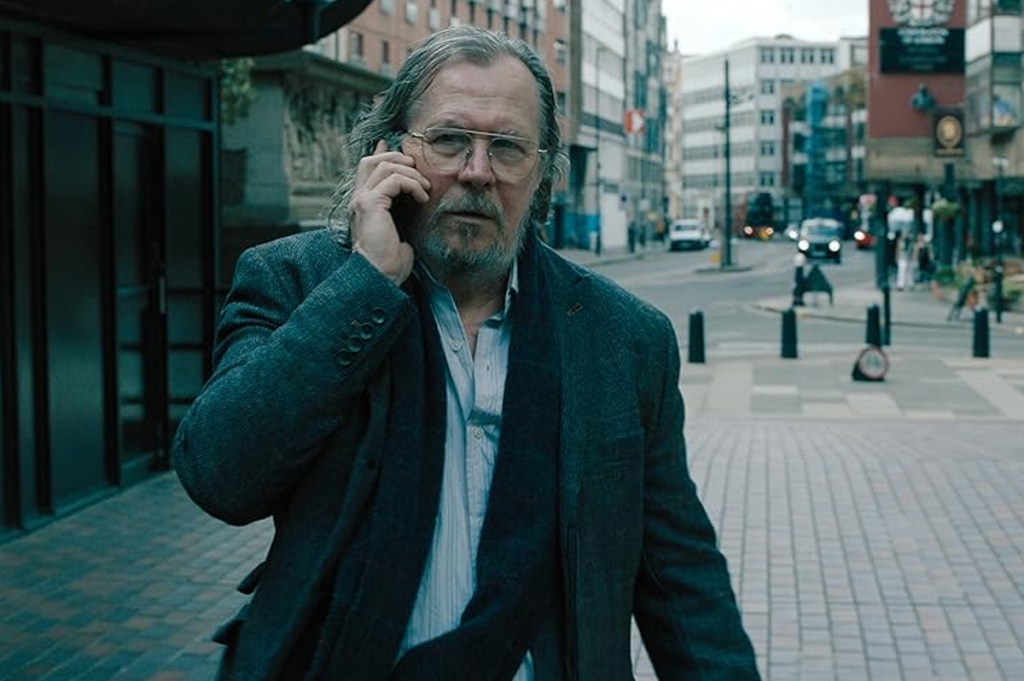



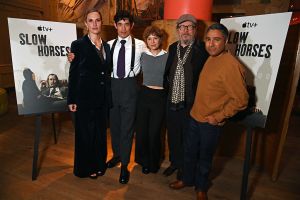

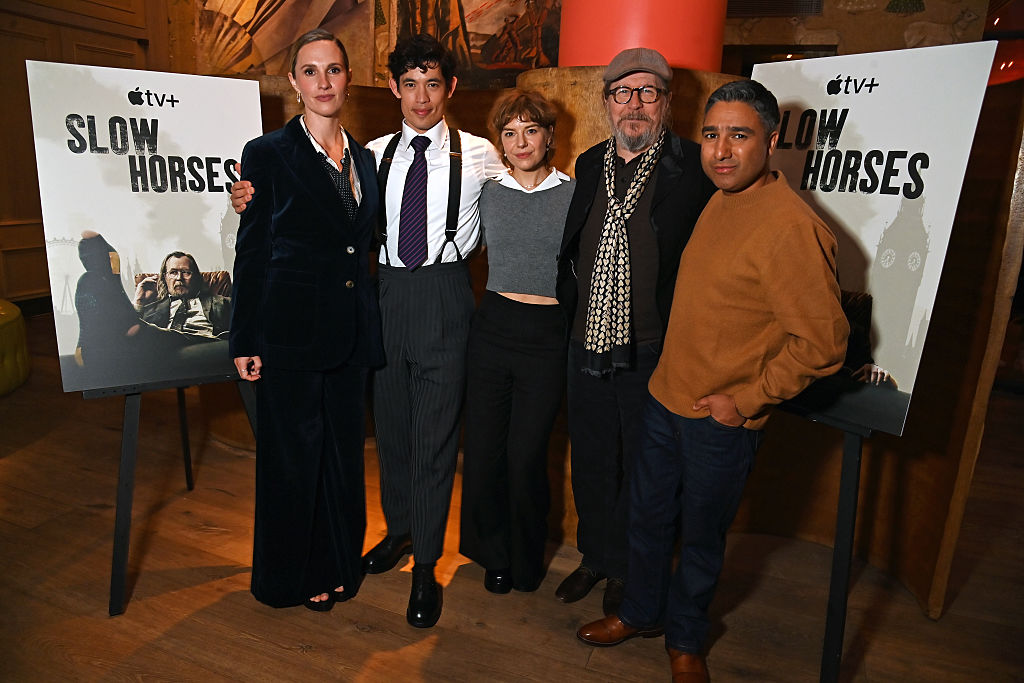
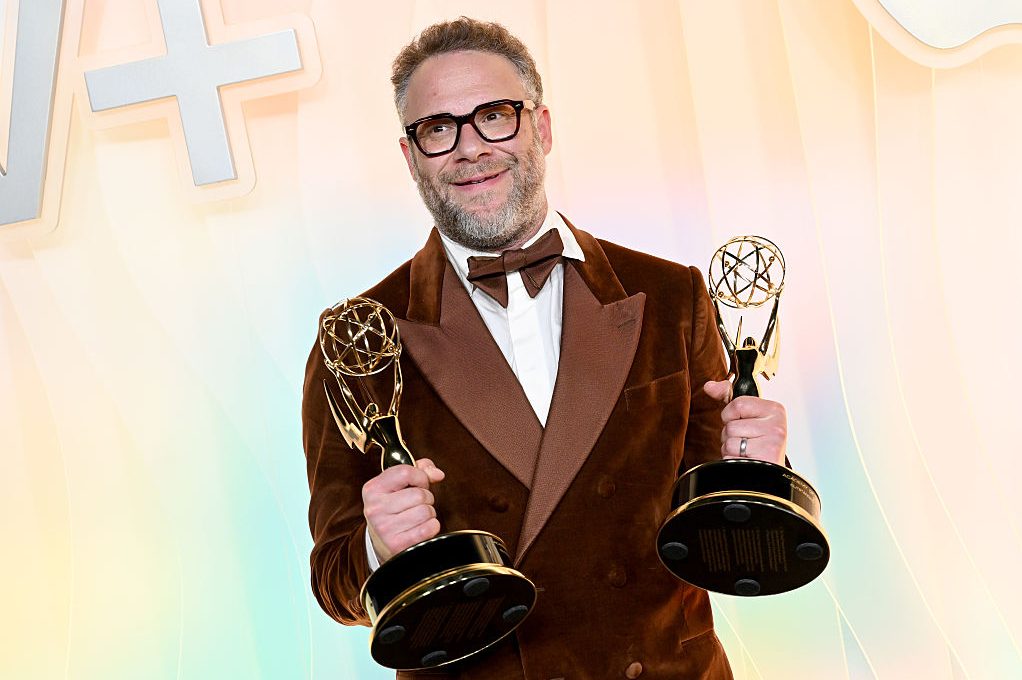

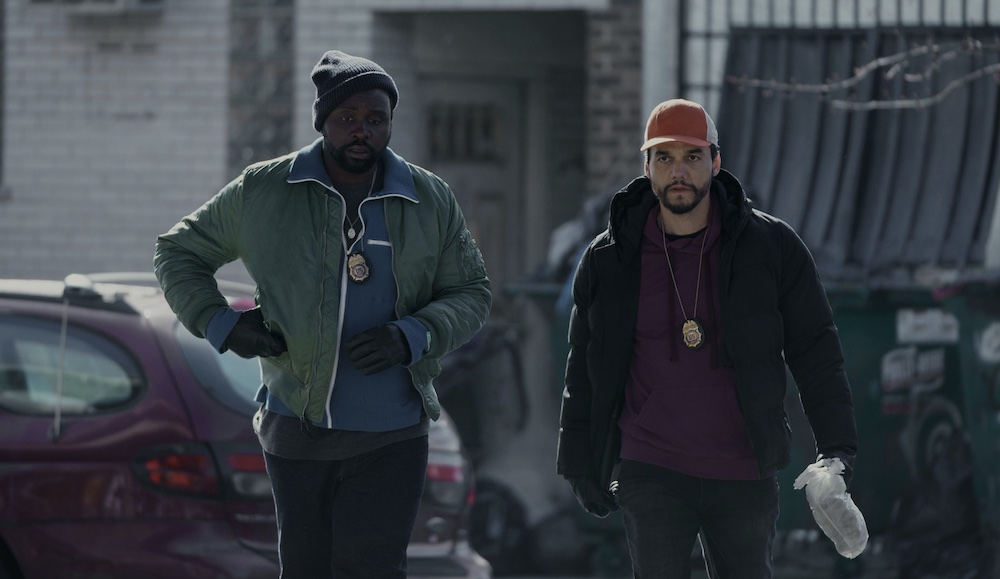









Leave a Reply